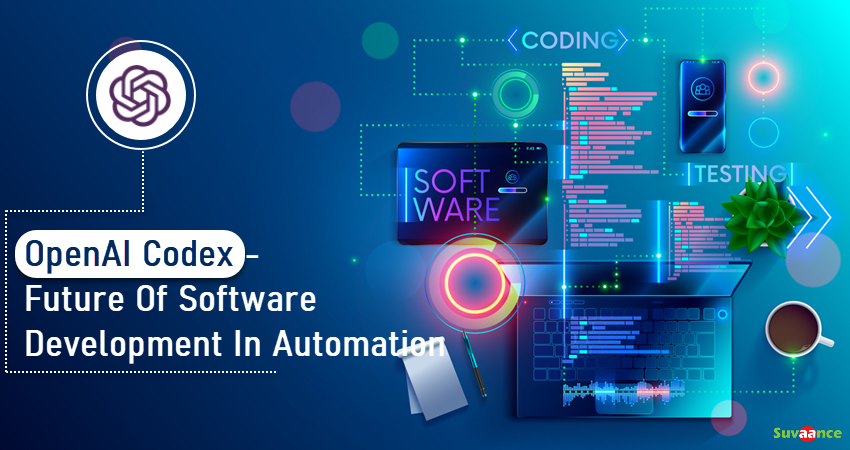OpenAI Codex Merges Over 350,000 Pull Requests in First 35 Days, Reshaping Software Engineering

San Francisco – OpenAI's re-introduced Codex, a cloud-based AI software engineering agent, has demonstrated remarkable early adoption, merging over 350,000 pull requests (PRs) within its first 35 days of operation. This significant milestone, highlighted in a recent a16z podcast episode, underscores the accelerating impact of artificial intelligence on software development workflows.
The "How OpenAI Built Its Coding Agent" podcast featured Anjney Midha, General Partner at a16z, and Alexander Embiricos, a product lead for Codex at OpenAI. Embiricos stated during the discussion that Codex had "opened, like, 400k PRs" and "merged, like, 350-something K PRs" in just over a month, with a reported merge rate exceeding 80%. This high success rate is attributed to Codex's design, which performs extensive work in its isolated cloud environment before proposing changes for review.
OpenAI's Codex is powered by codex-1, a version of the company's o3 reasoning model optimized for software engineering tasks. Launched as a research preview around May/June 2025, it is accessible to ChatGPT Pro, Enterprise, and Team users. The agent can undertake various tasks, including writing features, fixing bugs, running tests, answering codebase questions, and proposing pull requests, all within secure, sandboxed environments.
The rapid adoption and high merge rate of Codex reflect a broader industry trend towards leveraging AI agents for increased efficiency and productivity in software development. AI agents are seen as tools that can automate repetitive tasks, improve code quality, and reduce development time and costs, allowing human developers to focus on more complex and creative challenges.
Despite the promising advancements, the integration of AI agents presents several challenges. Concerns include data privacy and security, the complexity of integrating with existing legacy systems, and ethical considerations such as potential biases in AI-generated code. The opaque nature of some AI models also raises questions of accountability when errors occur.
OpenAI emphasizes transparency in Codex's operation, providing verifiable evidence of its actions through terminal logs and test results. Embiricos noted the importance of safety, particularly concerning prompt injection attacks, where malicious prompts could trick an agent into undesirable actions. Human oversight remains crucial for reviewing and validating all AI-generated code before integration.
The future of software engineering is increasingly envisioned as a collaborative landscape where human developers work alongside AI agents. While AI is not expected to fully replace human programmers, its evolving capabilities are set to redefine roles, enhance developer experience, and accelerate innovation across the industry.